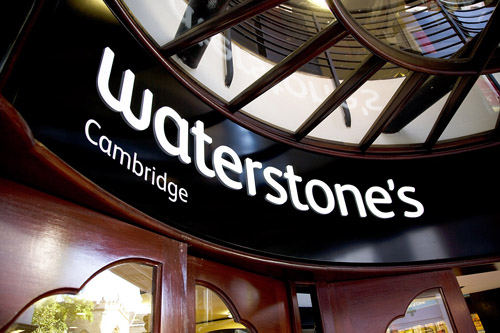
British businessman James Daunt gave up a career on New York’s Wall Street at the end of the 1980’s to occupy the world of bookshops — “the kind of bookshops he would like to visit” (tiendas, not stores, as Daunt likes to call them). If you’ve ever been to one of the 6 extraordinarily beautiful Daunt bookshops in London (a tourist attraction in travel guides) you will understand why people call James Daunt one of the all-time great booksellers.
Waterstone’s is to the British what Barnes and Noble is to Americans — the last of the UK’s major book chains, after Border’s collapse last year. Fundada en 1982 by Tim Waterstone, the chain consists of 296 tiendas. En 1993, Waterstone’s was bought by its major competitor, WH Smith, which sold it to HMV Group PLC in 1998. Billionaire Russian businessman Alexander Mamut bought the struggling chain earlier this year from HMV and installed James Daunt as its Chief Executive.
Can James Daunt achieve success with Waterstone’s in face of its competitors and the evolution in the ways we read? I had the opportunity to discuss this with him.
James, how will we read in the future?
I think we will be reading books in all sorts of ways and probably reading the same books in different ways. You may well own a digital reader and you may be reading a book on a number of different platforms as well as in the paper book format. I don’t think it’s a question of the paper book disappearing . I think the paper book will continue to hold its own in some sectors. Sin embargo, compared with today, our reading will transfer to a much greater degree to the digital medium.
How hard will it be for books continue to compete with all the alternative forms of entertainment in the future?
You are talking to the parent of two teenage children, so I know this is a challenge, and it has always been a challenge, even when I was a child. If the media by which you choose to do a portion of your reading is some form of electronic device, whereby with one swipe you have your entry into many other forms of entertainment, then clearly the challenge is much greater than it was in my day when television was seen as the end of reading.
For Waterstone’s to continue to be successful you will need to have strong digital sales and strong sales in your brick and mortar outlets. How do you plan to achieve this?
We are the process of finalizing the launch details of our own digital reader. The physical environment of our bookshops is very stimulating and that continues to have an enduring appeal to a certain part of the market. Our shops need to continue to earn their customer’s loyalty and be places of real recreation. People must choose to visit them because they love them. While customers are there, they will hopefully select our digital reader or tablet over someone else’s. Similar to the Barnes and Noble Nook proposition, we in the UK need to be making the same proposition to our customers. The UK is much smaller than the US and the density of our stores is much greater. Acerca de 87% of the UK population is within a 30 minute drive of a Waterstone’s and is able to visit one of our shops on a regular basis. So it is about us making the physical environment of our stores utterly compelling and therefore it is completely natural that you will use our devices to download your digital books.
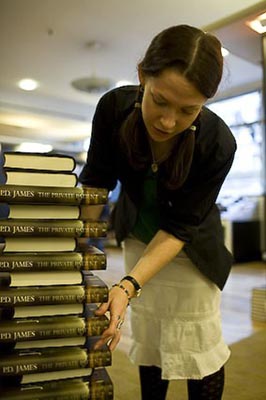
Prior to joining Waterstone’s, you ran your own bookshops recognized for their excellence in each community. Any changes planned based on this experience to the structure you find at Waterstone’s?
And extremely quickly! I am dramatically changing the structure of this business to propel exactly that transformation from which we have homogenous offerings throughout all our shops to one in which we are going to a local and regional selection of books. This is really to inject individual personality into each of our shops which I believe is essential. A homogenous offering works well with a limited range of products but the opposite applies with books. We are offered literally millions of titles and it is about creating a bookshop from amongst that large list that applies to the particular demographics of the store’s location. Por supuesto, you must bring in the systems and the techniques that allow your booksellers to do this.
How important is the bookseller?
Booksellers are central to all of this. What are important about them are their individual qualities as well as their skills. I have now met the booksellers within Waterstone’s and the quality is exceptional. You are talking about people with a decade or two of experience and dedication to the job of selling books. Bookselling is a culture that motivated me to come to Waterstone’s.
Bookshops are part of the cultural fabric of this country. Bookselling is something you just get better and better at. From a customer’s point of view, having someone who has sensibly and intelligently curated a book for him or her is hugely beneficial .
If only we could lock the experienced bookseller into the ereader.
That happens if you choose your digital reader in a bookstore environment. I have a digital reader and I also like to own a real copy of the book. I don’t think it’s one or the other. I do think, sin embargo, that selecting a book in a book environment is still one of the most pleasurable places to do it.
An author no longer needs to go to a traditional publisher. An author can self-publish with highly experienced professionals guiding the process. How do you see the evolution of the publishing process with respect to authors and publishing companies?
I think the publishers still have an enormously important role. Part of it is the physical production of the book as well as warehouse and distribution. Publishers, in terms of the marketing and support that they can give a book, are important. Let us also not forget the process of editing the book. Helping the author who is trying to establish himself to deliver a great book requires genuine skills and these exist within publishing firms. Once you are established and have gotten the brand name, you see more people saying they can do it by themselves.
Do you anticipate dealing directly with self-published authors in the future?
I think that is possible. There are an enormous number of self-published authors out there and if J. K. Rowling decides to produce her own book, we shall certainly deal with her. I actually think that the big elephant in the room, the game changer in publishing, is much more likely to be Amazon. Existe una clara dinámica dentro de Amazon para dominar sus mercados. Then it may push towards the logical conclusion which I see as swallowing up the publishing industry. Sin embargo, my money is on the publishing companies for the reasons I have already articulated. I do think that where the money is made in publishing will shift. Where there is rare talent, more money will stick to it as it does in most forms of culture.
Why should the consumer’s first choice of a gift be a book this season?
You give a book because it gives a tremendous amount of enjoyment. If you give your teenager a beautifully made book now, she will be able to pass it on to future generations. The literary fiction and non-fiction this year are extraordinarily strong. We’ve got a new Robert Harris. There’s a phenomena in the UK that is called Jamie Oliver. I suspect for us in the UK it will be Claire Tomalin’s Charles Dickens: A Life, Max Hastings’ Inferno, Simon Jenkins’ A Short History of England, Jeremy Paxman’s Empire, and the list goes on.
What will you be buying your daughter for Christmas?
I am on a highly successful drive with my teenage daughter, whom having gone through a phase of thinking that Facebook and You Tube were the only places to bury herself, has suddenly discovered Russian literature. So I am buying her nice editions of the great Russian classics such as Anna Karenina. I don’t know whether this drive will last but I am certainly going to milk it for all its worth!
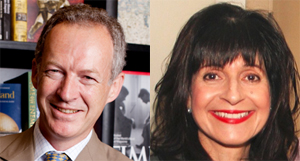
Photos courtesy of Waterstone’s.
¿Cómo vamos a Leer? Página de la comunidad
Para más ¿Cómo vamos a Leer? artículos: haga clic aquí
C. M. Rubin es el autor de dos ampliamente leído serie en línea por la que recibió un 2011 Premio Upton Sinclair, "La Búsqueda Global por la Educación" y "¿Cómo lo Leer?"Ella es también el autor de tres libros más vendidos, Incluido The Real Alice in Wonderland.

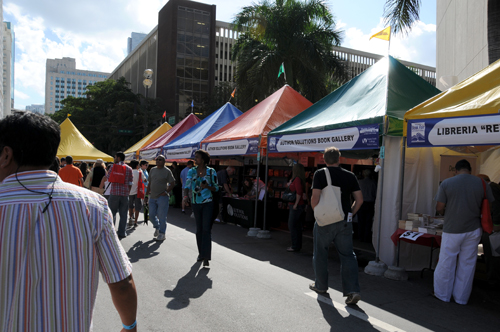
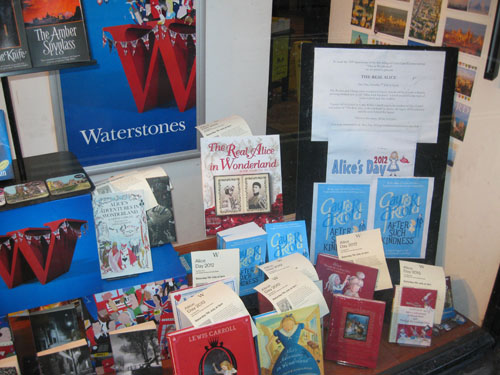
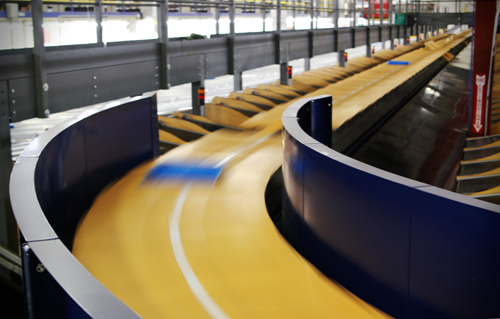
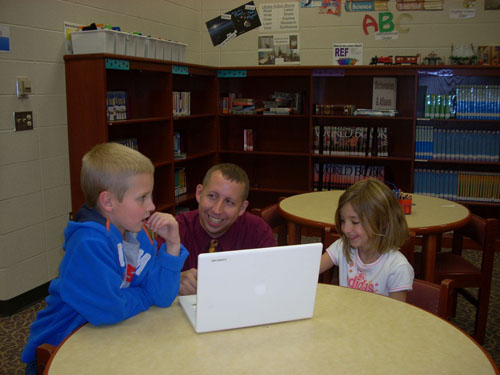
Comentarios recientes